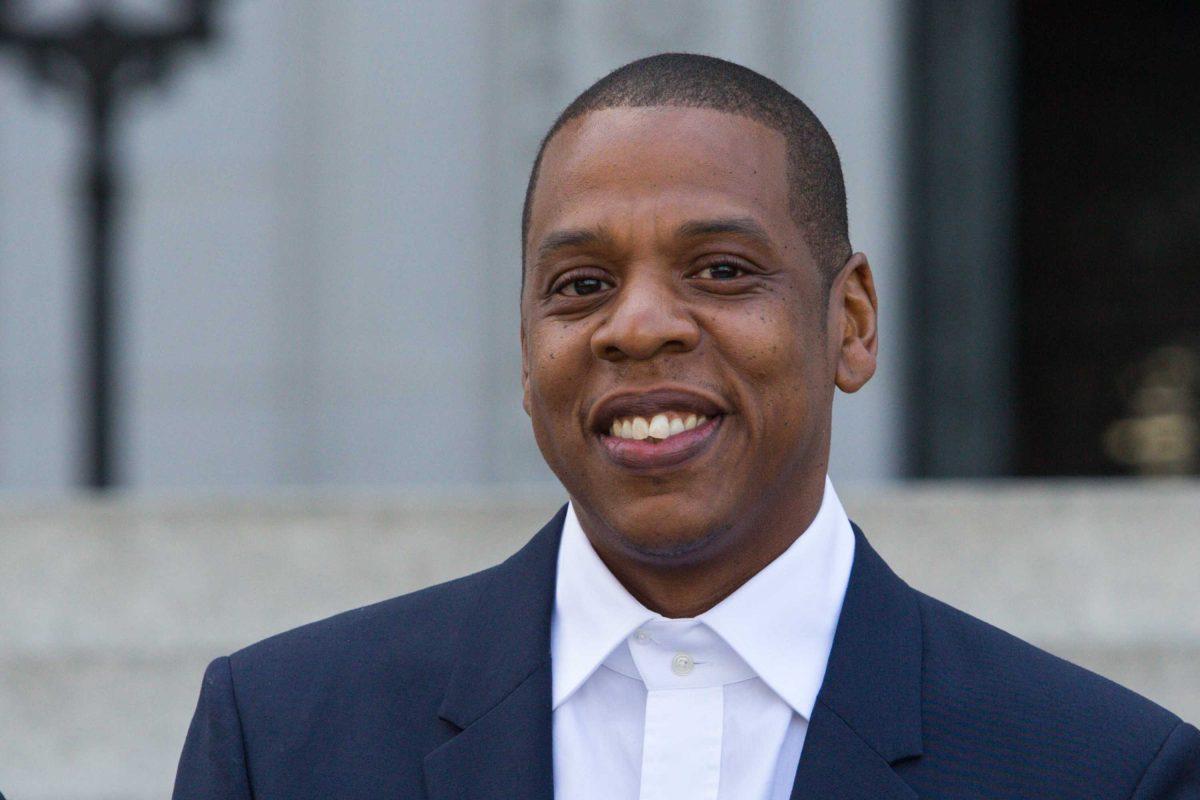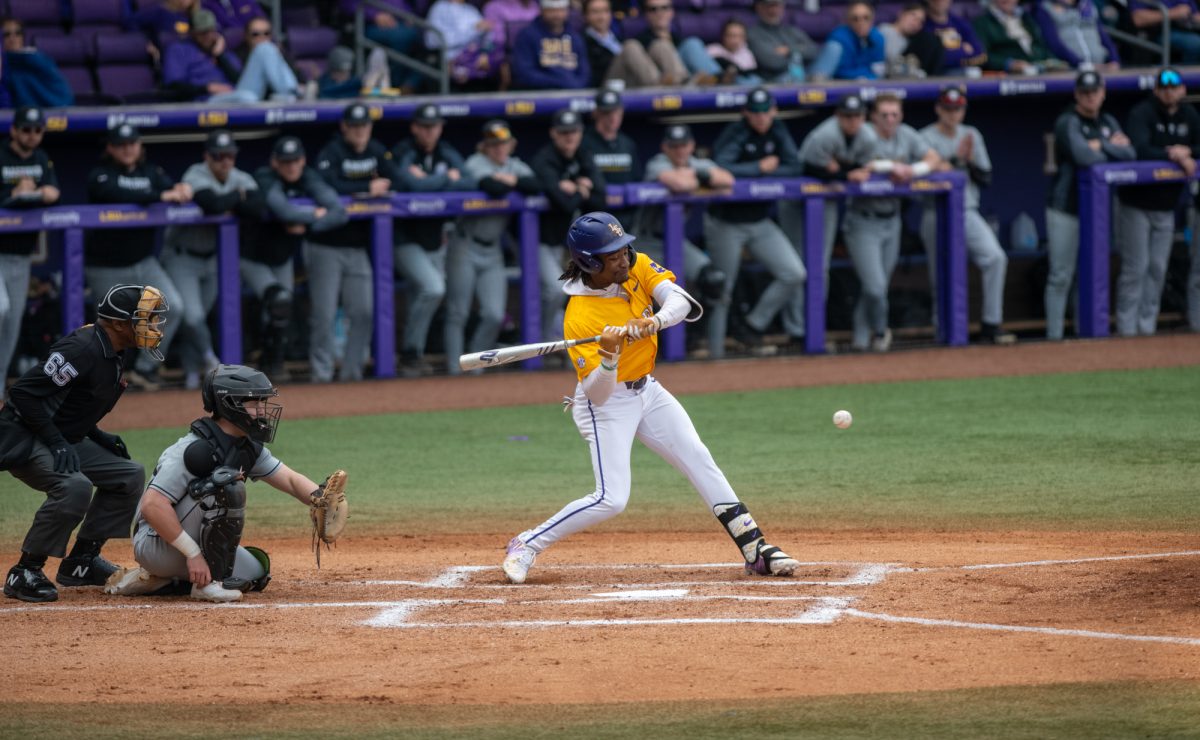It’s not a new, chart-topping hit or a worldwide tour that’s causing Shawn “Jay Z” Carter and Timothy “Timbaland” Mosley to appear in headlines this week but rather a song the duo released more than a decade ago.
The heirs of Baligh Hamdi, an Egyptian composer who created “Khosara Khosara,” are suing Jay Z and Timbaland for sampling Hamdi’s song without permission in “Big Pimpin,’” which Jay Z and Timbaland deny, according to NBC News.
Since the first form of copyright enforced by the government, The Statute of Anne, was enacted in the 1700s, governments worldwide tried to regulate and protect the intellectual property of content creators, Brett Gaylor’s documentary “RiP: A Remix Manifesto” explained.
Regulating copyright laws within and across national borders can be difficult, but based on Jay Z’s and Timbaland’s testimonies last week, the duo racks 99 problems, but a lawsuit ain’t one.
After realizing they sampled something from Hamdi, Jay Z and Timbaland paid his record label $100,000 for the license to sample, according to the BBC’s website. Both artists allege they thought they were clear of copyright infringement.
Timbaland’s lawyer argued the lawsuit is an “effort to get an undeserved income” because the money potentially earned from the lawsuit wouldn’t go to the original creator of “Khosara Khosara” but his heirs,
according to the BBC’s website.
Money is central to this debate, and it leads to one of the fallacies of copyright lawsuits: The money won in these cases hardly ever goes to the creator of the content but rather the record label or the creator’s family.
This is seen in this case as well the lawsuit filed by Marvin Gaye’s family last year, when they won $7.4 million in a lawsuit against Robin Thicke and Pharrell Williams for copyright infringement for artistic similarities between “Blurred Lines” and one of Gaye’s songs.
The purpose of copyright law is to protect the intellectual property of content creators, not bankroll their offspring.
It’s important to note that hardly any music today is absent of a sample. Almost anything new is inspired by some previous creation.
The controversy of music sampling essentially surrounds how much is sampled and how much is paid for the sample, not sampling itself.
A music expert testified Jay Z and Timbaland used only four notes of Hamdi’s song, according to NBC News.
Those four notes are a grey area in this specific case as well as copyright laws.
Around the time of the production of the 1999 hit “Big Pimpin,’” there was “de minimis,” which is the idea that if a sample is short enough, it isn’t liable for infringement, which could explain why neither Jay Z nor Timbaland believed they were infringing on Hamdi’s copyright when they created the song.
In another famous lawsuit in the early 2000s, Newton v Diamond, the Beastie Boys didn’t get full permission for a 6-second jazz sample from James Newton, according to Brian Fitzgerald and Damien O’Brien’s journal for Media Arts and Law Review “Digital Sampling and Culture Jamming in a Remix World: What Does the Law Allow?” The Ninth U.S. Circuit Court of Appeals determined it was de minimis, and the digital sample was legal.
For this case, I predict the jury may consider the short length of the sample as well as how it differs from the original work when deciding the verdict, and that could be in Jay Z and Timbaland’s favor.
But if this case follows the paradigm of similar lawsuits, like Thicke and Williams’ “Blurred Lines” lawsuit, then it looks like Jay Z and Timbaland will be “spendin’ cheese” on some hefty lawyer fees.
But they’re probably not worried about it. The musicians seem to have fun in the courtroom.
Huffington Post reported when discussing how the song came to fruition, Jay Z said, “[Timbaland] tells me his beats are better than my raps. I tell him my raps are better than his beats,” he said. “It’s an ongoing thing that I keep winning.”
Jay Z also joked about Kanye West when answering questions from his attorney on the stand.
“Some people may have heard of him,” Jay Z’s attorney said of West.
“One or two,” Jay Z responded. “He’s running for president.”
Timbaland even beatboxed in the courtroom, Stereogum reported.
When all the world’s a stage, the courtroom is no exception.
What do these multi millionaire musicians really have to worry about? Any money they could potentially lose in the case would be nothing compared to the magnitude of what their empires yield.
However, this isn’t the case for all copyright lawsuits.
What about the musicians who haven’t reached the peak of their financial success? New and independent artists are often left out of the consideration of copyright laws and how they affect digital music sampling. Many times, these musicians don’t have the means to purchase the rights to sample a song or pay for the pricey lawsuits often associated with sampling music.
The attention Jay Z and Timbaland’s lawsuit garners also highlights the inadequacies in copyright law.
Sarah LeBoeuf is a 20-year-old mass communication junior from Alexandria, Louisiana. You can reach her on Twitter @sleboeuf23.
OPINION: ‘Big Pimpin’’ lawsuit brings attention to shortfalls of copyright law
October 19, 2015
FILE – In this April 16, 2014 file photo, Shawn “Jay Z” Carter announces the Made in America Festival from the steps of City Hall in Los Angeles. Jay Z and music producer Timbaland spent two days in a Los Angeles courtroom this week, defending their actions in the creation of the 1999 hit song “Big Pimpin’,” which features flute notes created by an Egyptian composer for a 1957 love ballad. The men contend they have the proper rights to use the notes, but a jury will determine whether that is the case when a copyright infringement trial over the song draws to a close on Tuesday, Oct. 20, 2015. (Photo by Paul A. Hebert/Invision/AP, File)
More to Discover








